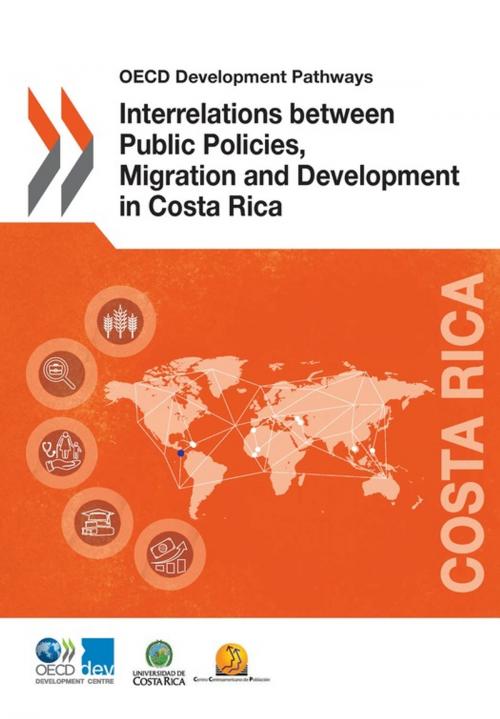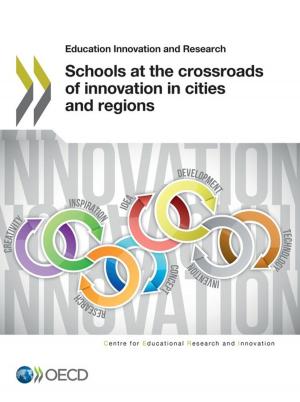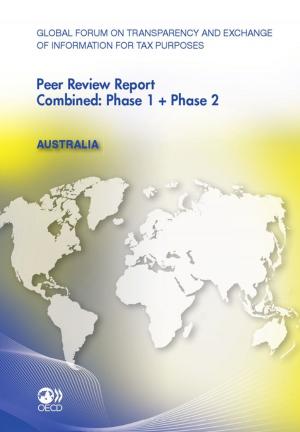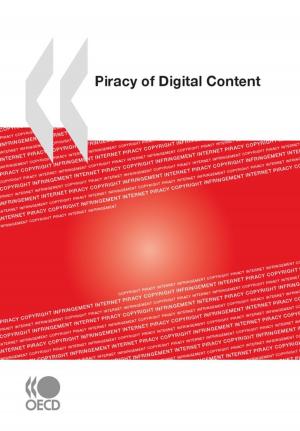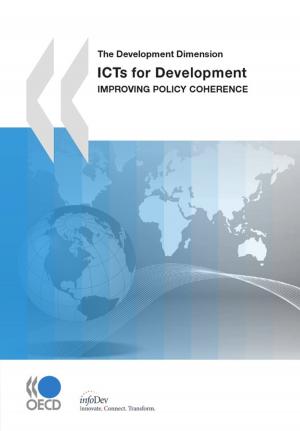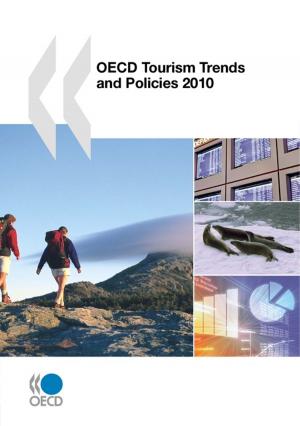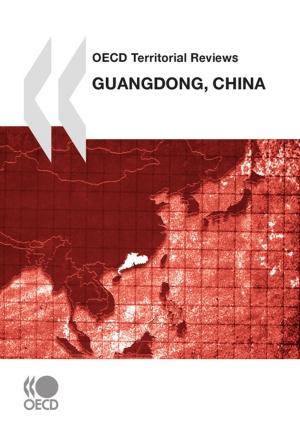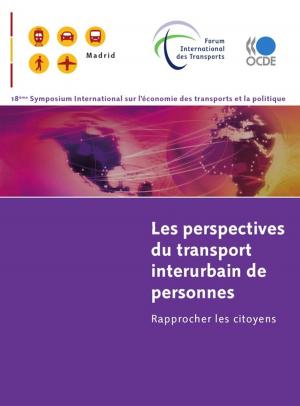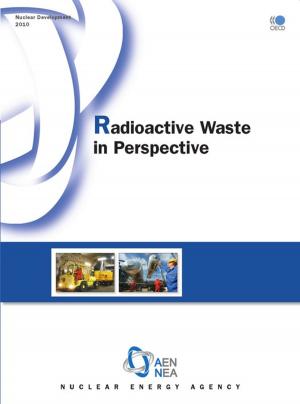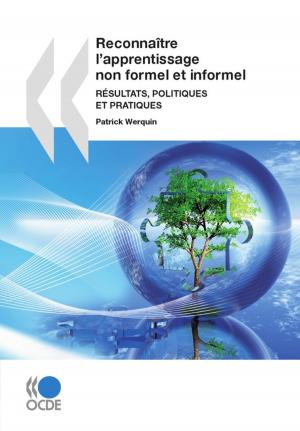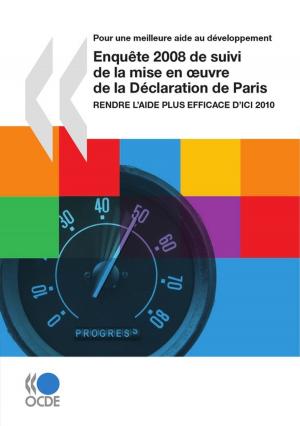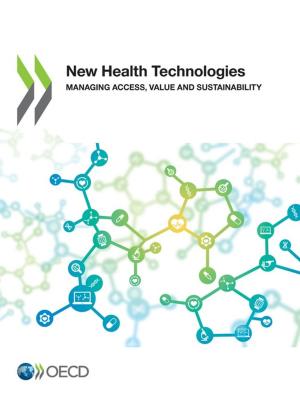Interrelations between Public Policies, Migration and Development in Costa Rica
Business & Finance, Economics, Economic Development| Author: | Collectif | ISBN: | 9789264279100 |
| Publisher: | OECD | Publication: | July 31, 2017 |
| Imprint: | OECD | Language: | English |
| Author: | Collectif |
| ISBN: | 9789264279100 |
| Publisher: | OECD |
| Publication: | July 31, 2017 |
| Imprint: | OECD |
| Language: | English |
Interrelations between Public Policies, Migration and Development in Costa Rica is the result of a project carried out by the Centro Centroamericano de Población (CCP) at the University of Costa Rica and the OECD Development Centre, in collaboration with the Dirección General de Migración y Extranjeria (DGME) and with support from the European Union. The project aimed to provide policy makers with evidence on the way migration influences specific sectors – the labour market, agriculture, education, investment and financial services and social protection and health – and, in turn, how sectoral policies affect migration. The report addresses four dimensions of the migration cycle: emigration, remittances, return and immigration.
The results of the empirical work confirm that migration contributes to the development of Costa Rica, but the potential of migration is not fully exploited. One explanation is that, despite the acknowledgement of the links between migration and development in recent legislation and policy, policy makers in Costa Rica do not sufficiently take migration into account in all respective policy areas. Costa Rica therefore needs to adopt a more coherent policy agenda to better integrate migration into development strategies, improve co-ordination mechanisms and strengthen international co-operation, to enhance the contribution of migration to development in the country.
Interrelations between Public Policies, Migration and Development in Costa Rica is the result of a project carried out by the Centro Centroamericano de Población (CCP) at the University of Costa Rica and the OECD Development Centre, in collaboration with the Dirección General de Migración y Extranjeria (DGME) and with support from the European Union. The project aimed to provide policy makers with evidence on the way migration influences specific sectors – the labour market, agriculture, education, investment and financial services and social protection and health – and, in turn, how sectoral policies affect migration. The report addresses four dimensions of the migration cycle: emigration, remittances, return and immigration.
The results of the empirical work confirm that migration contributes to the development of Costa Rica, but the potential of migration is not fully exploited. One explanation is that, despite the acknowledgement of the links between migration and development in recent legislation and policy, policy makers in Costa Rica do not sufficiently take migration into account in all respective policy areas. Costa Rica therefore needs to adopt a more coherent policy agenda to better integrate migration into development strategies, improve co-ordination mechanisms and strengthen international co-operation, to enhance the contribution of migration to development in the country.
